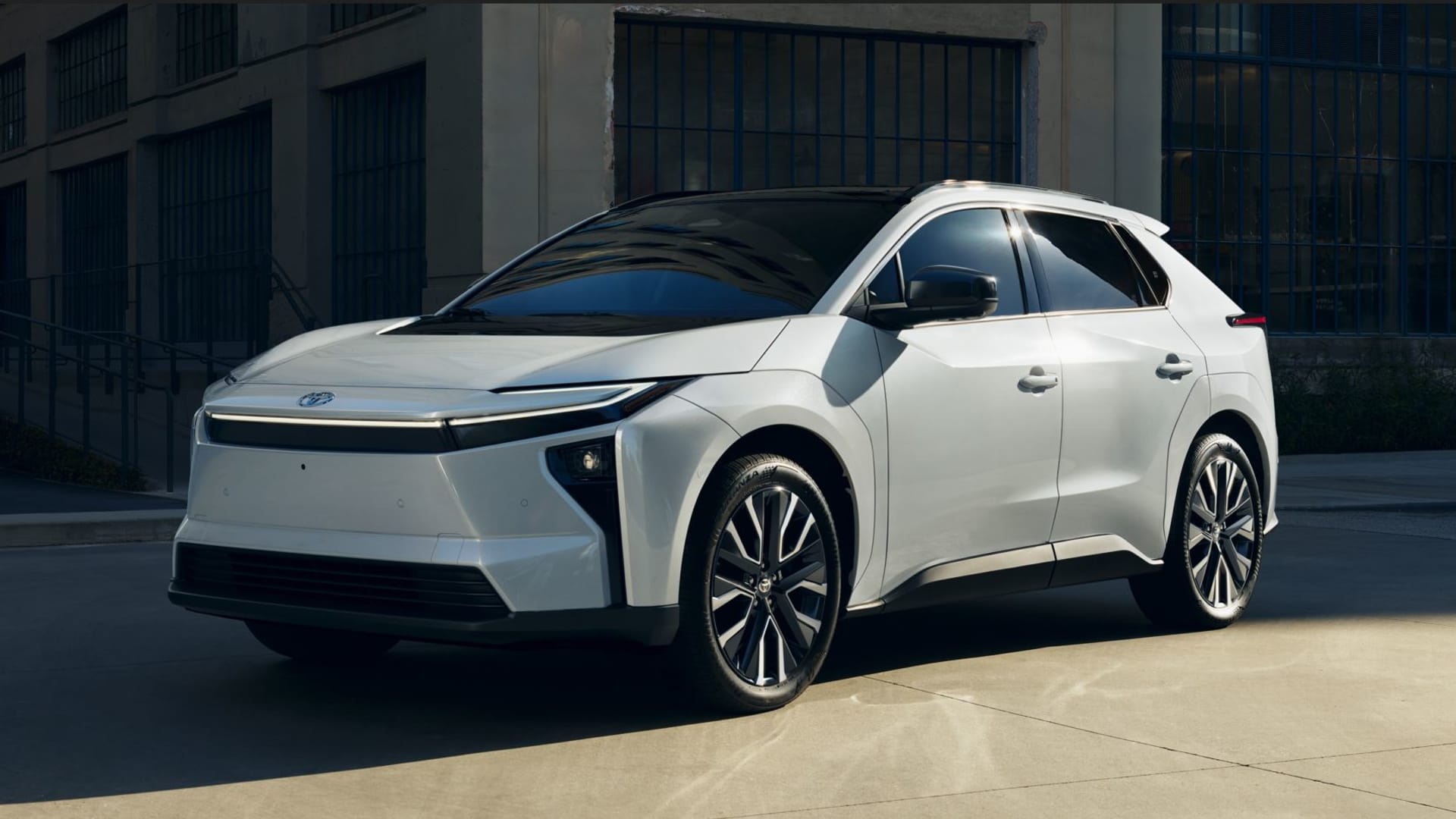Toyota’s Strategic Shift Towards Electric Vehicles
In the ever-evolving landscape of the automotive industry, Toyota Motor Corporation is steering towards a future powered by electric vehicles (EVs). This strategic shift is not just about keeping up with the times but about leading the charge in a market that is rapidly transforming. Toyota’s vision is clear: to expand its EV lineup and production capabilities significantly, aiming to have about 15 electric vehicle models by 2027, up from the current five.
Expanding the EV Lineup
Toyota’s recent initiatives and updates underscore its commitment to diversifying its EV offerings. The introduction of the new C-HR+ small crossover, a fully electric version that shares only a name with its gas-powered counterpart, is a prime example. This model is designed to embody a clean, modern aesthetic, aligning with Toyota’s refreshed vehicle designs, such as the Corolla, Crown, and Prius. The C-HR+ is part of a broader strategy to introduce a variety of EV models that cater to different market segments and consumer preferences, ensuring that Toyota remains competitive and relevant in the EV market.
Technological Innovations and Updates
Toyota’s ambitions go beyond merely expanding its EV lineup; the company is also investing heavily in technological advancements. The bZ4X, Toyota’s first global EV, is set to receive a midcycle update in 2026. This update will include new styling, enhanced interior features, and a more powerful battery, significantly boosting its range and performance. Built on the E-TNGA platform, which also underpins other EVs like the Lexus RZ 450e and the Subaru Solterra, the bZ4X represents Toyota’s commitment to innovation. Furthermore, Toyota’s $1.3 billion investment in its Kentucky factory highlights its dedication to enhancing EV production capabilities and efficiency, ensuring that it can meet the growing demand for electric vehicles.
Strategic Partnerships and Global Expansion
Toyota’s EV strategy is not confined to its own brand; it extends to strategic partnerships and global expansion plans. The company is collaborating with Subaru to launch a new compact SUV EV, which could be the electric Forester, set to hit the market in 2026. This partnership leverages the strengths of both companies to develop innovative and competitive EV models. Additionally, Toyota’s plans to produce a new battery electric vehicle (BEV) under its premium Lexus brand in China, starting from 2027, demonstrate its commitment to expanding its EV footprint in key markets. These initiatives are crucial for Toyota’s global strategy, ensuring that it remains a dominant player in the international EV market.
Addressing Market Challenges
Despite its advancements, Toyota faces several challenges in the EV market. The company has historically been more conservative in its approach to EVs, focusing heavily on hybrid technology. However, with competitors like General Motors, Hyundai, and Kia offering a diverse range of EV models, Toyota is accelerating its EV plans to catch up. The strategic ambiguity in Toyota’s EV transition strategy, including its much-hyped solid-state battery technology, reflects its cautious yet determined approach to the market. Toyota must continue to innovate and adapt to stay ahead of the competition and meet the evolving needs of consumers.
Toyota’s Future in the EV Market
Toyota’s strategic shift towards EVs is evident in its plans to launch 15 new EV models by 2027, with a target of selling 1 million EVs by the same year. The company’s focus on technological innovation, strategic partnerships, and global expansion positions it well to compete in the EV market. However, Toyota must continue to address market challenges and accelerate its EV production capabilities to fully realize its ambitious goals. The journey towards electrification is not just about producing more EVs; it is about redefining Toyota’s brand and its role in the automotive industry.
Conclusion: A New Era for Toyota
Toyota’s strategic shift towards electric vehicles marks a new era for the company. With a diverse EV lineup, technological innovations, and global expansion plans, Toyota is poised to become a major player in the EV market. The company’s commitment to sustainability and innovation will drive its success in the coming years, as it continues to adapt to the evolving needs of consumers and the market. Toyota’s journey towards electrification is not just about producing more EVs; it is about redefining its brand and its role in the automotive industry. As the world transitions to a more sustainable future, Toyota is positioning itself at the forefront of this revolution, ready to lead the way into a new era of electric mobility.

